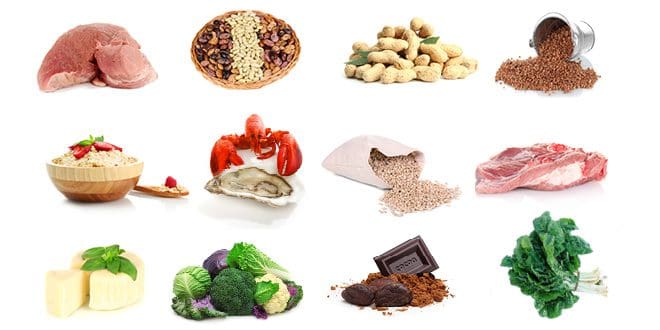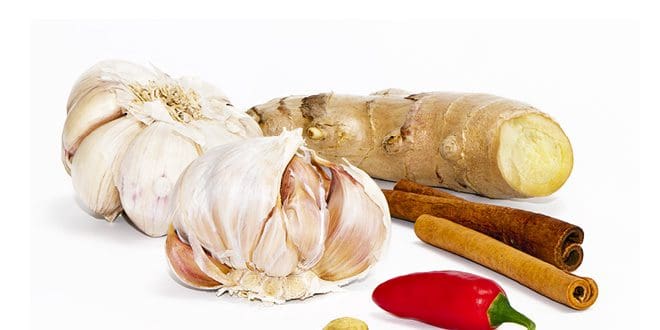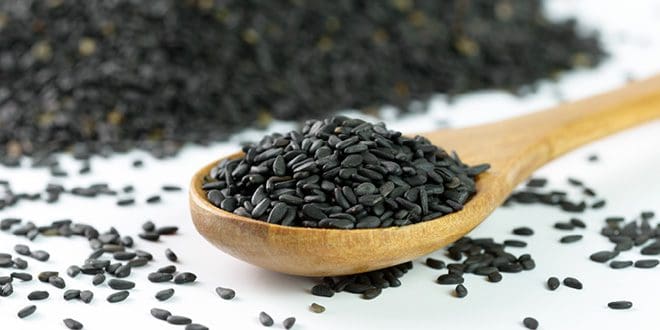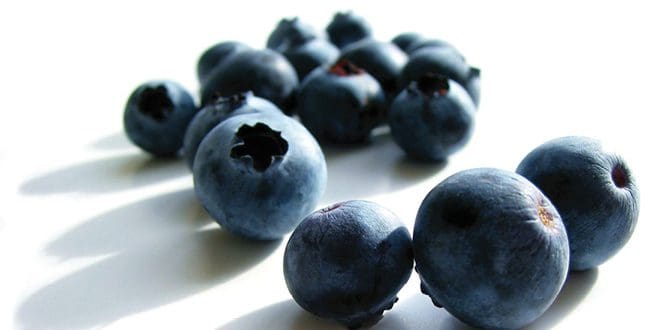They may not have a cape, but Pomegranates are super high in anti oxidants – so high, they are in the class of foods known as super foods. In fact many studies show that a pomegranate is one of the most powerful, nutrient dense foods for overall good health.
Pomegranates contain high levels of flavonoids and polyphenols, potent antioxidants offering protection against heart disease and cancer. The Antioxidants in Pomegranate keep LDL cholesterol from oxidizing and causing hardening of the arteries known as atherosclerosis.
A glass of pomegranate juice has more antioxidants than red wine, green tea, blueberries, and cranberries. The juice has been shown to exert not only significant antioxidant effect, but antihypertensive, anti-inflammatory and antiatherogenic effects! Atherogenesis is the formation of fat on the artery walls that can progress to heart disease- also known as atherosclerosis.
There are compounds found only in pomegranates called punicalagins. Punicalagins benefit the heart and blood vessels an are the major component responsible for pomegranate’s antioxidant and health benefits
It’s these anti oxidants in Pomegranate that act like Aspirin – we all know Aspirin, that pharmaceutical drug used to thin the blood which can cause inflammation of the stomach lining known as gastritis. Well the anti oxidants within pomegranate as keep blood platelets from sticking together just like Aspirin, assisting to prevent the formation of dangerous blood clots, increasing circulation – however unlike Aspirin, there are no damaging side effects to your stomach lining. The antioxidants within pomegranate also help to buffer the effects of the damage free radicals make to your cells caused by oxidation- so again, unlike Aspirin, the plant chemical of pomegranate address’ the cause and do this without damaging your body.
You can not stop free radicals and oxidation – oxidative stress is a part of everyday living and breathing of life- free radicals are in everything from the air we breathe and the food we eat, but you can consume foods that neutralize their function and potential damage.
The seeds of pomegranate are rich in soluble and insoluble dietary fibre, this assists in reducing extra fat deposits all around the body and hence assists in controlling cholesterol. As with any fibrous foods- this will aid with regular bowel motions- great for weight loss!
The fruit is an also good source of antioxidant vitamin-C, provides about 17% per 100 g of daily!
Further, it is an also good source of many vital B-complex groups of vitamins such as pantothenic acid (vitamin B5), folates, pyridoxine (vitamin B6) vitamin K, and minerals like calcium, copper, potassium, and manganese.
Drinking the juice of Pomegranate increases oxygen levels to the heart- there are even studies that show over time, Pomegranate might help overcome erectile dysfunction. Have you ever read the seemingly endless list of side effects to Viagra – it would be comical if it wasn’t so serious.
Now believe it or not- there is actually something else in Pomegranate that I think tops the lot- Omega 5! Omega what you say? Yes- Omega 5! A unique essential fatty acid obtained from the seed of the pomegranate, Omega 5 is the only known botanical form of Conjugated Linolenic Acid (CLnA), also known as Punicic Acid, and one of the most potent antioxidants known to modern science. For more on the little know Omega 5 – and 7 fatty acids, look out for my next article.
To get the most out of a Pomegranate- eat the seeds whilst they are still at their freshest and juiciest to obtain the optimal medicinal benefits. Seeds can be eaten on their own or added to salads just like any other seeds. Blending them with pineapple juice to make a salad dressing is one of my favourites.
Try this Anti oxidant rich smoothie!
Serves: 2
Preparation Time: 5 minutes
Ingredients:
8 cups organic baby spinach
1 cup pomegranate juice
1 cup blueberries, frozen
1 cup strawberries, frozen
8 dates, cut in half
2 tablespoons flaxseeds, ground
½ avocado, optional
Instructions:
Blend all ingredients together. Delicious!
Do you need help losing weight- want to learn the tricks to your metabolism that can end your life long struggle with gain? If you would like any dietary or nutritional assistance, please contact Kylie at kyliem@www.cabothealth.com.au
References:
1. Aviram M, Rosenblat M, Gaitini D, et al. Pomegranate juice consumption for 3 years by patients with carotid artery stenosis reduces common carotid intima-media thickness, blood pressure and LDL oxidation. Clin Nutr 2004;23(3):423-33.
2. Aviram M, Dornfeld L, Rosenblat M, et al. Pomegranate juice consumption reduces oxidative stress, atherogenic modifications to LDL, and platelet aggregation:studies in humans and in atherosclerotic apolipoprotein E-deficient mice. Am J Clin Nutr 2000;71(5):1062-76. Aviram M, Dornfeld L. Pomeganate juice consumption inhibits serum angiotensin coverting enzyme activity and reduces systolic blood pressure. Atherosclerosis 2001;158(1):195-8.
3. Kim ND, Mehta R, Yu W, et al. Chemopreventive and adjuvant therapeutic potential of pomegranate (Punica granatum) for human breast cancer. Breast Cancer Res Treat 2002;71(3):203-17. Kohno H, Suzuki R, Yasui Y, et al. Pomegranate seed oil rich in conjugated linolenic acid suppresses chemically induced colon carcinogenesis in rats.Cancer Sci 2004;95(6):481-6.
Toi M, Bando H, Ramachandran C, et al. Preliminary studies on the anti-angiogenic potential of pomegranate fractions in vitro and in vivo. Angiogenesis 2003;6(2):121-8.
Kawaii S, Lansky EP. Differentiation-promoting activity of pomegranate (Punica granatum) fruit extracts in HL-60 human promyelocytic leukemia cells. J Med Food 2004;7(1):13-8.
4. Mori-Okamoto J, Otawara-Hamamoto Y, Yamato H, Yoshimura H. Pomegranate extract improves a depressive state and bone properties in menopausal syndrome model ovariectomized mice. J Ethnopharmacol 2004;92(1):93-101.
5. Seeram et al, J Nutr Biochemistry 2005: (16) 360-367.








Leave A Comment